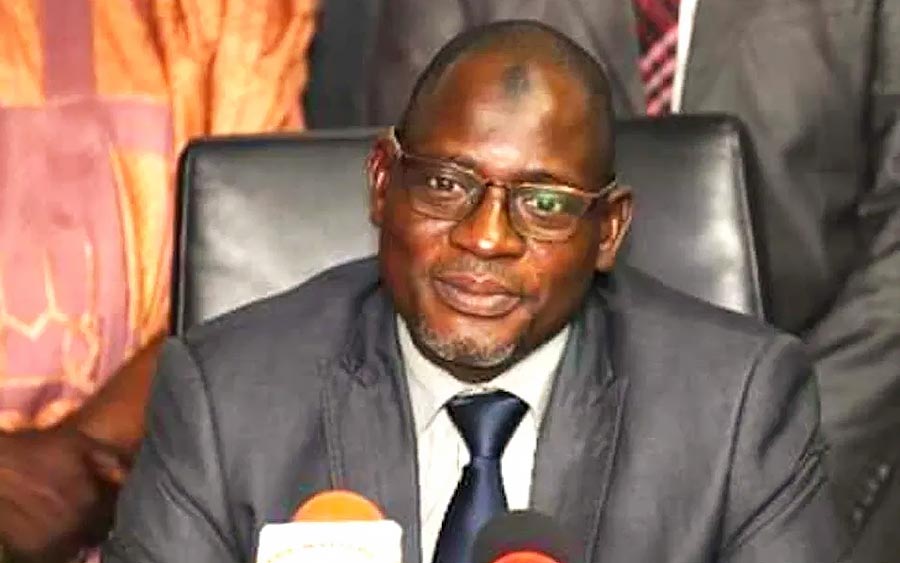It is no news anymore that the COVID-19 pandemic has brought to the fore a myriad of issues and deficiencies that were previously relegated to the background in Nigeria. Asides revealing our limited health infrastructure, the crash in the price of oil owing to global restrictions has made it clear that Nigeria’s dependence on oil as a major source of revenue is largely unsustainable.
Consequently, many have spoken about the need for Nigeria to develop the non-oil sector so as to create alternate streams of income for the nation towards increasing jobs and stimulating the economy. While the objective is valid, it is pertinent to note that there is a difference between the number of jobs that are created and what actually comes to the government in terms of taxes. Based on the most recent data, this difference is not marginal.
READ MORE: FG asks UK court for more time to appeal $9.6 billion arbitration judgement
A 2018 World Bank report revealed that only 19 million Nigerians paid federal or state taxes. At the time, the country’s economically active population was placed at 65 million, a figure still far below 30%. The nation has one of the lowest tax-to-GDP ratios.
Yvonne Mhango, sub-Saharan Africa economist for Rennaissance Capital noted in her 2020 outlook report for the period that “It is not that interest payments are too high; it is government revenue that is too low.”
IMF Mission Chief to Nigeria, Jesmin Rahman, on a virtual call last week, said that, “Nigeria has one of the lowest revenue levels globally and much lower than peers in sub-Saharan Africa and other oil exporters.”
READ MORE: Merger, Tax incentive boosts BUA Cement FY 2019 result
To mitigate the challenge, the Nigerian government had raised the value-added tax rate from 5% to 7.5% as a way to increase government revenue. But it would take more than that.
A clear reason is that the challenge does not lie with the rate of tax that is being collected; the challenge is in widening the tax net. Rahman stated that “Before you go about raising taxes, we need to first make sure that we collect everything that is collectible. At the moment, Nigeria has a very low tax efficiency rate.”
Not surprisingly, many of the reasons for the low tax efficiency are the very reasons why the challenge cannot be fixed yet.
Nigerians have received very little public services
Andrew S. Nevin, chief economist for PwC Nigeria noted that “Nigerians have essentially not been given public services… so there is a tremendous resistance to trying to raise revenue where the social compact of paying taxes and receiving services is not functioning.”
READ ALSO: May & Baker receives N1 billion Intervention loan from CBN
The idea of taxation is the provision of common services by a government. Lagos State Commissioner of Economic Planning and Budget, Sam Egube, explained that taxation is not the government trying to penalize the citizens, rather, “it is the citizen’s contribution to the collective good of the people in a community.”
In developed countries where the availability of sound public infrastructure from power to adequate education and healthcare are in place, citizens spend less of their disposable incomes on providing those services out-of-pocket. With citizens funding the deficiency of the government in Nigeria, it could be tough enforcing wider acceptance.
READ MORE: Covid-19: World Bank discloses when Sub-Saharan Africa will fall into recession
The process is still complex
The amount of taxes and levies imposed at different points have also made the process complex and cumbersome. Worse off, the additional taxes like road and development taxes cost more to collect than they generate.
The top six taxes in terms of revenue raised which include VAT and corporate tax, provide about 97% of federal tax revenue. Lower tax requirements will not only make the process more straightforward but it would also save cost. The tax collection process itself should be automated as well particularly given the advancements in modern technology so as to make the tax collection process a little more seamless.
READ ALSO: Govt. rakes in N653 billion in June as exchange rate gain, taxes and oil sales boost revenues
COVID-19 constraints
The pandemic, of course, puts its own restrictions on the state of affairs of the nation. IMF’s Jesmin Rahman explained that raising taxes at a period as this would be nothing short of inappropriate as a result of the already existing impact of the Covid-19 pandemic. She added that the government can only play a supportive role for now until the current crisis passes.
Explore research data on Nairalytics from Nairametrics
While all efforts at either widening the tax net to amounts material enough to augment the nation’s rising debt profile at this time could be perceived as insensitive, the government needs to set up systems to ensure that those who are required to pay taxes do when due. It, however, has to put relevant infrastructures in place to make so as to avoid taxpayers being taxed twice.





















